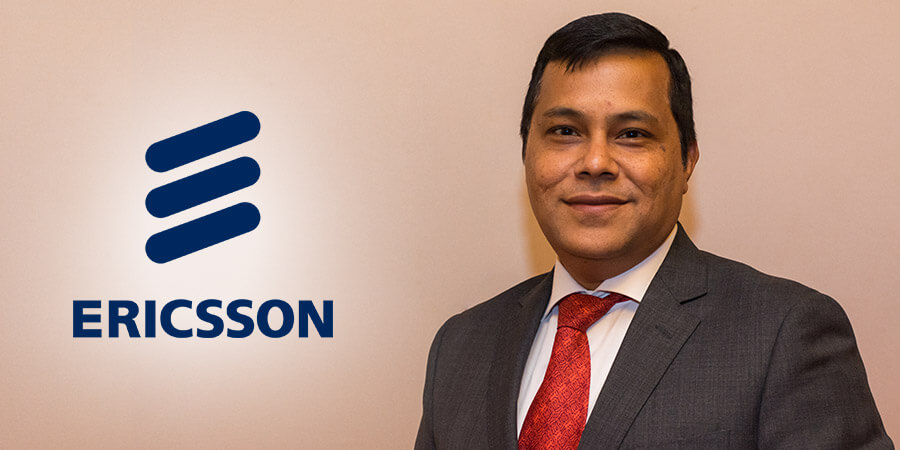The technological revolution has affected all sectors either directly or indirectly with its significant impact on all their aspects, including customer experience. The latter is one of the pillars of the telecoms industry given the fact that the final objective is always customer satisfaction. Indranil Das, Head of Digital Services, Ericsson Middle East and Africa spoke to Telecom Review about the new era of customer experience.
When asked about the way emerging technologies such as Artificial intelligence and the Internet of Things will change customer experience, he explained that the most important thing is to address consumers' needs and anticipate them in order to provide them with an excellent experience.
"Customer experience is all about what the customers want. A customer always wants a seamless experience across all channels, whether at the level of physical shops, digital apps, websites, etc.," he said.
Anticipation is the keyword here. According to Ericsson's Head of Digital Services, customers want their need to be anticipated by the provider. For example, if they're running out of data, they would like their need to be anticipated and be notified that they're running out of data.
"Artificial intelligence can enable that significantly and by Artificial intelligence, I'm not only talking about chatbots. It's about national language processing as well which allows you, through your devices, car or mobile phones to give instructions to your voice assistant or sometimes it even does things on its own and interacts with you", he explained.
Ericsson had published in May 2018 a report entitled "The zero-touch customer experience" which tackles the future of consumer interactions with telecom service providers. According to the report, consumers expect telecom service providers to build more meaningful relationships and improve the customer experience through technology.
Customers put a lot of effort to interact with the telecom service providers, and they expect in return that they quickly identify, validate and develop action plans to reduce this effort. Ericsson's report shows that more than half (56%) of smartphone users expect telecom service providers to anticipate their needs and pre-empt issues before they occur.
Operators play a significant role in insuring that customers' needs are fully addressed. In fact, technological advancement has exponentially increased the volume of data which can be analyzed by operators to draw consumers' behavior pattern thanks to big data analytics.
Indranil Das explained that operators can use big data analytics technologies to anticipate and take action, or to examine the actions consumers have undertaken before, anticipate their needs, see the pattern and then predict their need. "We call it ‘next-best-action'," he said.
"We can use technologies like big data analytics to enable fault identification, anticipate customer needs and offer them even before the customer is asking for them".
However, this raises the following question: how should operators address the increasing need for data?
"Data is exploding, can you imagine how much data an average consumer consumes?" Das replied. "It is ever increasing and this put enormous pressure on the network infrastructure. That is why many operators are going for virtualized infrastructure where they are able to manage the capacity and throughput much better."











